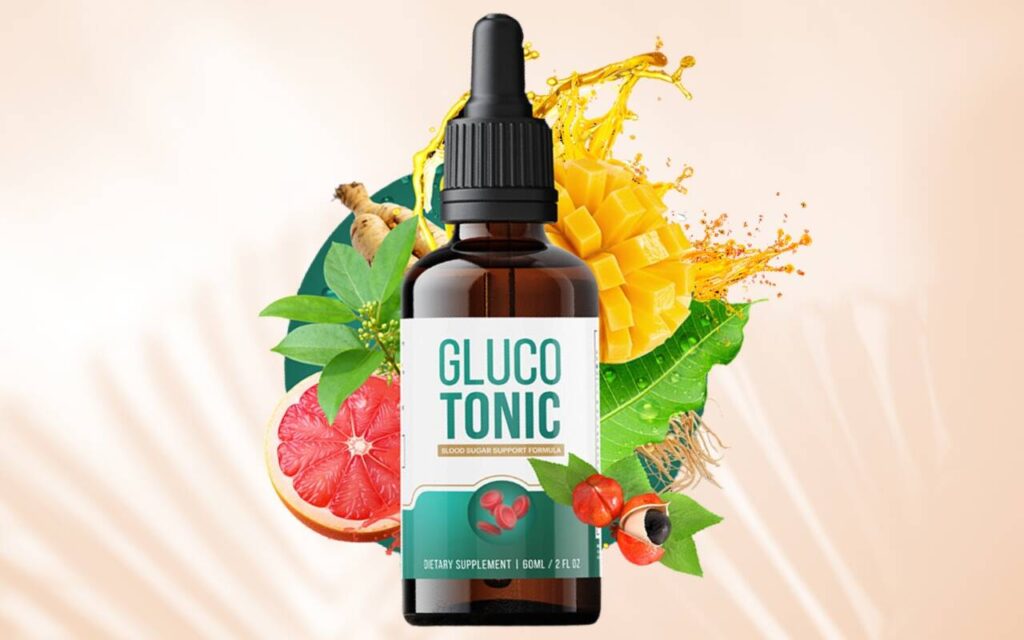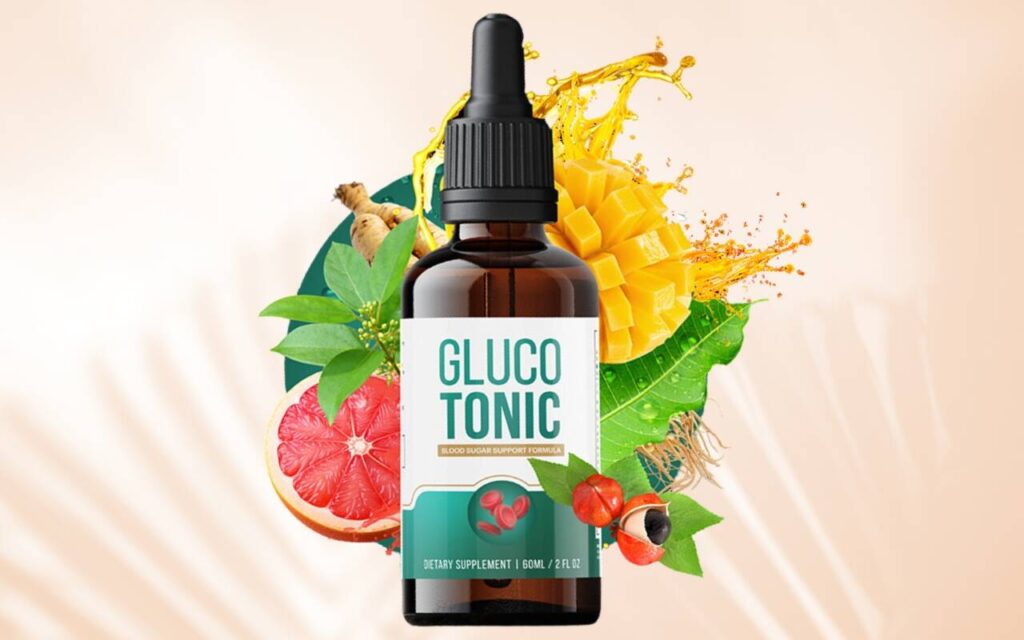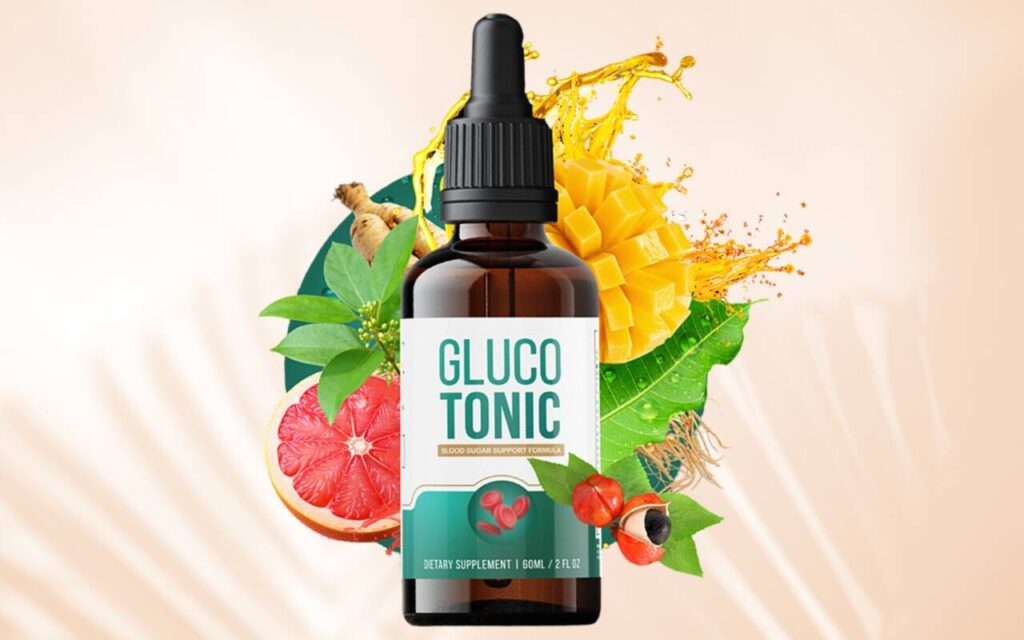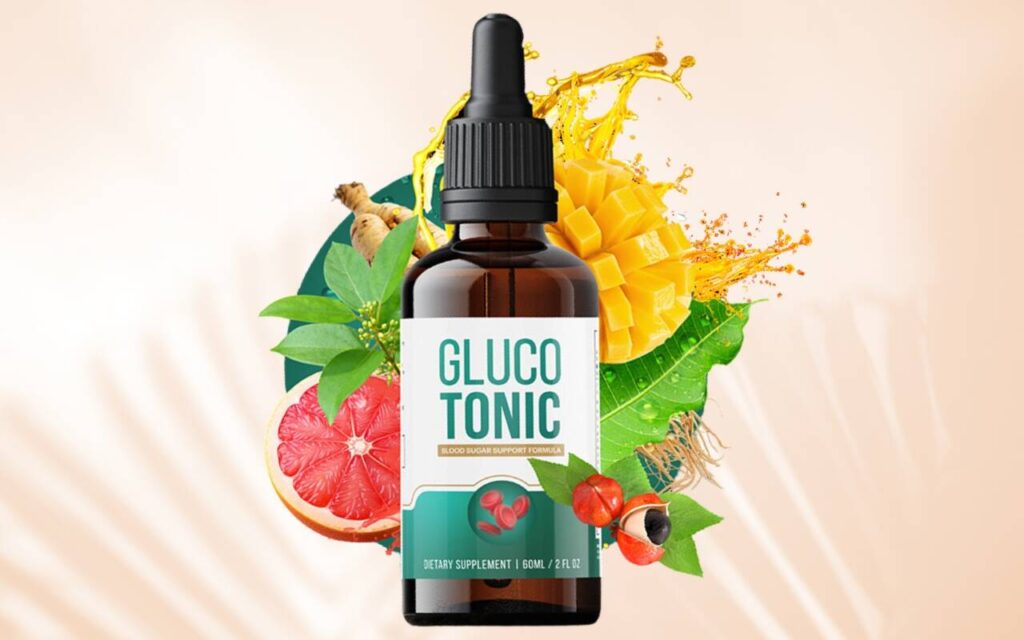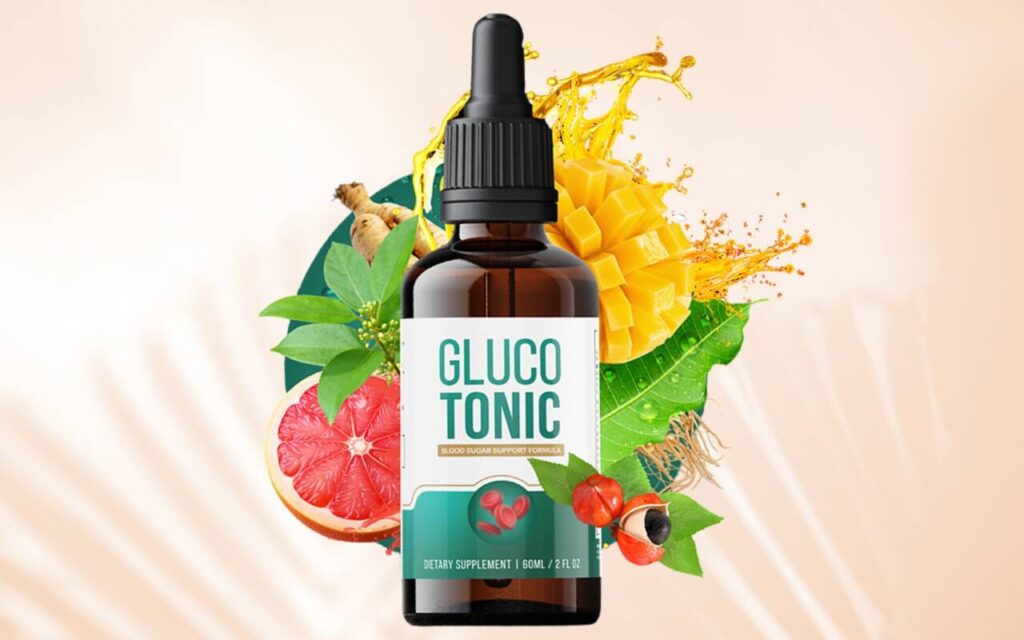Regulates Blood Sugar Without Insulin: Natural Approaches to Glucose Control
Maintaining healthy blood sugar levels is crucial for overall well-being, especially for individuals with diabetes or prediabetes. While insulin is the primary hormone responsible for regulating blood sugar, there are several natural ways to achieve glucose balance without relying on medication. This article explores effective strategies, including dietary choices, lifestyle adjustments, and quick-acting remedies, to help regulates blood sugar effectively.
Understanding Blood Sugar Regulation
Blood sugar, or glucose, is the primary energy source for the body’s cells. Insulin, produced by the pancreas, helps cells absorb glucose from the bloodstream. However, insulin resistance or insufficient insulin production can lead to elevated blood sugar levels, increasing the risk of diabetes and other complications.
Fortunately, the body can regulate blood sugar through alternative mechanisms, such as dietary fiber, physical activity, and certain beverages that promote glucose metabolism. Below, we delve into actionable methods to how to reduce blood sugar level immediately and sustain long-term balance.
Dietary Strategies to Regulate Blood Sugar
1. High-Fiber Foods
Fiber slows carbohydrate digestion, preventing rapid spikes in blood sugar. Soluble fiber, in particular, forms a gel-like substance in the gut, delaying glucose absorption. Some excellent high-fiber foods include:
- Oats and barley
- Legumes (beans, lentils, chickpeas)
- Non-starchy vegetables (broccoli, spinach, kale)
- Chia seeds and flaxseeds
2. Healthy Fats and Proteins
Incorporating healthy fats and proteins into meals can stabilize blood sugar by slowing glucose release. Examples include:
- Avocados and nuts (almonds, walnuts)
- Fatty fish (salmon, mackerel)
- Lean poultry and tofu
3. Low-Glycemic Index (GI) Foods
Low-GI foods release glucose gradually, preventing sudden blood sugar spikes. Opt for:
- Quinoa and sweet potatoes
- Berries and apples
- Greek yogurt (unsweetened)
What to Drink to Lower Blood Sugar Immediately
Certain beverages can help reduce blood sugar level immediately due to their active compounds. Here are the most effective options:
1. Apple Cider Vinegar (ACV)
ACV improves insulin sensitivity and slows gastric emptying, reducing post-meal glucose spikes.
- How to use: Mix 1-2 tablespoons of ACV in a glass of water and drink before meals.
2. Cinnamon Tea
Cinnamon mimics insulin and enhances glucose uptake by cells.
- How to use: Steep a cinnamon stick in hot water for 10 minutes or add powdered cinnamon to herbal tea.
3. Fenugreek Water
Fenugreek seeds contain soluble fiber and compounds that improve glucose metabolism.
- How to use: Soak 1 tablespoon of fenugreek seeds overnight, strain, and drink the water in the morning.
4. Green Tea
Rich in antioxidants like EGCG, green tea enhances insulin sensitivity.
- How to use: Drink 2-3 cups daily (unsweetened).
5. Lemon Water
Lemon’s acidity slows carbohydrate digestion, moderating blood sugar levels.
- How to use: Squeeze half a lemon into warm water and drink first thing in the morning.
How to Reduce Blood Sugar Level Immediately
For those needing urgent blood sugar control, these quick-acting methods can help:
1. Hydration
Dehydration concentrates blood sugar. Drinking water dilutes glucose and promotes kidney excretion.
- Action: Drink 16-24 oz of water quickly if levels are high.
2. Short Burst Exercise
Physical activity prompts muscles to use glucose for energy, lowering blood sugar rapidly.
- Action: Try 10-15 minutes of brisk walking, jumping jacks, or stair climbing.
3. Stress Reduction
Stress hormones like cortisol raise blood sugar. Relaxation techniques can counteract this effect.
- Action: Practice deep breathing, meditation, or a short walk in nature.
Long-Term Lifestyle Adjustments
1. Regular Physical Activity
Exercise improves insulin sensitivity. Aim for:
- 150 minutes of moderate aerobic activity weekly
- Strength training 2-3 times per week
2. Quality Sleep
Poor sleep disrupts glucose metabolism. Prioritize:
- 7-9 hours of sleep nightly
- A consistent sleep schedule
3. Weight Management
Excess body fat, especially visceral fat, contributes to insulin resistance. Sustainable weight loss through balanced nutrition and exercise is key.
Herbal and Supplemental Support
Certain herbs and supplements can aid in blood sugar regulation:
- Berberine: Mimics insulin and reduces liver glucose production.
- Magnesium: Improves insulin sensitivity (found in leafy greens, nuts, and seeds).
- Alpha-Lipoic Acid (ALA): An antioxidant that enhances glucose uptake.
Monitoring and Professional Guidance
While natural methods can regulate blood sugar, consistent monitoring is essential. Use a glucometer to track levels and consult a healthcare provider before making significant changes, especially if on medication.
Conclusion
Regulating blood sugar without insulin is achievable through mindful dietary choices, strategic beverages, and lifestyle modifications. Knowing what to drink to lower blood sugar immediately and how to reduce blood sugar level immediately empowers individuals to take proactive steps toward metabolic health. By integrating these strategies, long-term glucose balance becomes an attainable goal.
Remember, consistency is key—small, sustainable changes yield the most significant results in blood sugar management.
Frequently Asked Questions
FAQ
-
How can blood sugar be regulated without insulin?
Certain lifestyle changes, dietary choices, and natural supplements can help manage blood sugar levels by improving insulin sensitivity or supporting glucose metabolism. -
What foods help regulate blood sugar naturally?
Foods high in fiber, healthy fats, and protein—such as leafy greens, nuts, seeds, and whole grains—can help stabilize blood sugar levels without relying solely on insulin. -
Are there exercises that support blood sugar control?
Yes, regular physical activity, including aerobic exercises and strength training, can enhance glucose uptake by muscles and improve insulin sensitivity over time. -
Can stress affect blood sugar levels without insulin involvement?
Absolutely. Chronic stress triggers the release of cortisol, which can raise blood sugar levels, so stress management techniques like meditation and deep breathing can help maintain balance.

